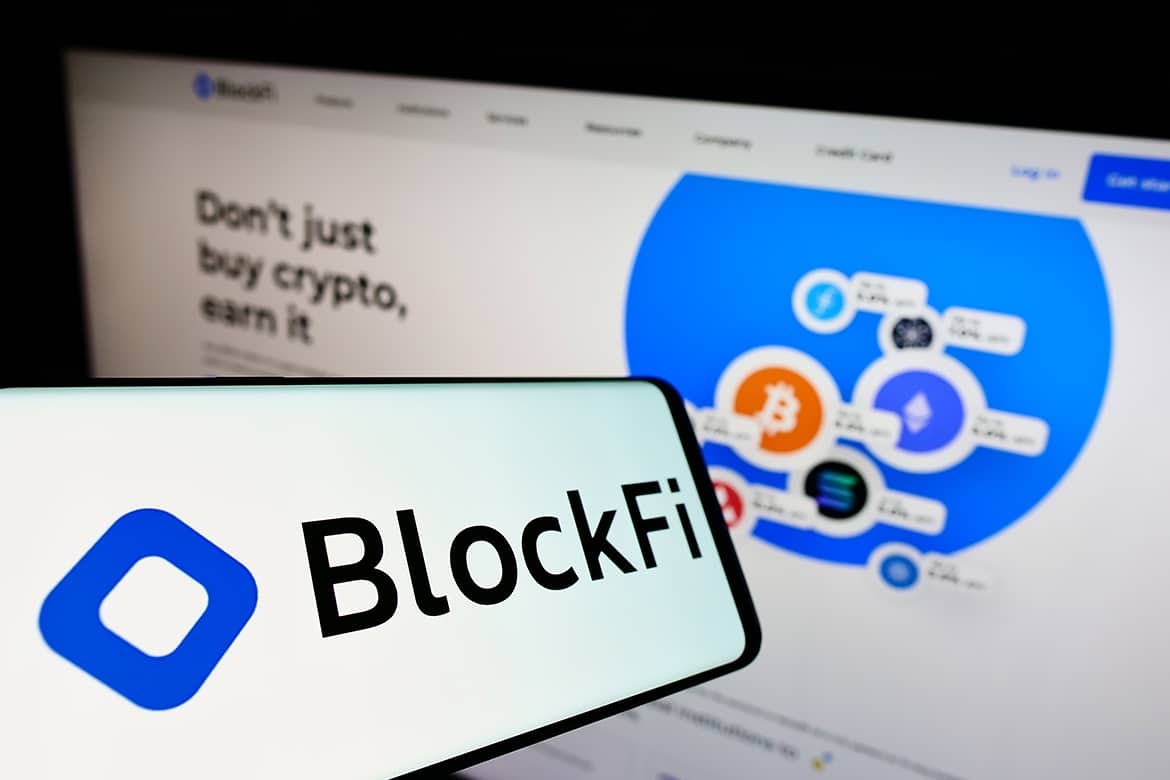Providing new use-cases for digital assets, cryptocurrency lending is more popular than ever. Crypto lending is one of the major forces driving the fast-growing DeFi industry, but institutional service providers are also gaining a foothold on the market.
What Does Crypto Have to Do With Lending?
To start with, let’s see what a crypto-backed loan is.
A digital asset-backed loan works very similarly to a mortgage where property is used as the collateral for the borrowed amount.
The process here is very straightforward. The user locks his cryptocurrency holdings and borrows fiat currencies or stablecoins against them. After he repays the interest and the principal to the lender, his crypto collateral is transferred back to him.
However, compared to the general market’s asset-backed loans (e.g., property- or gold-backed loans), cryptocurrency has some features that make it unique.
Since they operate via blockchain networks, digital assets are very easy to validate. Lenders don’t have to fear that borrowers use counterfeit gold bars or tricks to overvalue their property and hire an expert to minimize their risks.
As the process lacks third-party evaluators, crypto-backed loans are issued very fast and without any extra costs.
And, due to the overcollateralized nature of crypto-backed loans, the process also lacks credit checks. Since the borrowed amount is less than the collateral value, lenders can still mitigate their risk if a borrower fails to repay the sum he owns or if his assets decrease in value significantly.
Furthermore, as cryptocurrencies like Bitcoin or Ethereum are digital assets, they are a lot easier to transfer than physically carrying a bunch of gold bars in an armored car to an underground safe to keep them secure.
Also, if you run out of money, you can’t pay the rest of your property-backed loan with a part of the house. There’s no way a bank would accept the kitchen or the kids’ room as a payment. But with Bitcoin, you can easily pay back the loan with a part of your digital asset collateral.
Furthermore, while many criticise crypto for its increased volatility, this aspect of digital assets is what allows borrowers to potentially expect profits from their collateral while getting a loan for their needs.
Crypto Lending: to DeFi or not to DeFi?
Crypto-backed loans come in two forms: decentralized solutions managed via smart contracts and services where a third-party provider is responsible for connecting lenders and borrowers.
In most cases, it’s a tough job to choose which crypto-backed loan type to offer, especially for the industry’s newcomers or non-tech people.
Personally, I really like the movement which DeFi represents, and decentralized finance solutions provide some excellent use-cases for crypto. DeFi has another strength that creates tremendous value, which is the ability of digital asset developers and projects to test new business models and technologies quickly.
However, to get involved in the current DeFi industry, one has to possess the necessary technical knowledge and skills. This drives away beginners in most cases and may cause some serious headaches even for people who are well-versed in crypto.
These individuals and businesses are looking for a plug-and-play solution where they are in contact with a regulated entity. And institutional lending, where a professional crypto service provider manages the service, is the best way to serve these customers.
What Are the Demand and the Use-Cases for Crypto-Backed Lending Services?
According to DeFi Pulse, there’s currently $5 billion of digital assets locked in decentralized finance lending protocols.
It’s clearly a sign that the demand for crypto-backed lending solutions is gradually rising.
I realized that crypto loan adoption is going very rapidly, probably even faster than I thought at the time we launched our loan service.
For that reason, we estimate the crypto lending industry to reach $100 billion in yearly issued loans by 2021 if cryptocurrency prices stay the same.
As soon as we announced our service, we received a massive amount of requests from several institutions, such as hedge funds, family offices, mining corporations, and other corporate clients.
Interestingly, organizations that we previously considered conservative and traditional showed their interest in crypto-backed lending while being aware of the technology, the risks, the regulatory environment, and the potential benefits of such solutions.
Regarding the use-cases, there is a major difference between traditional and crypto-backed lending solutions. Contrary to the prior services, customers do not borrow digital assets exclusively when they need extra capital.
As a crypto borrower, you hold an asset and use a lending service to get more from this instrument. In addition to “HODLing” BTC, you could also start a new business, upgrade your mining farm to increase its revenue, hire new teammates, or invest in new assets. And you do all this while keeping the same BTC amount in your wallet.
How Does the Regulatory Environment Look for Crypto-Backed Loans?
Two years ago, crypto-backed lending was considered a grey zone where most companies operated without a license.
However, as the industry evolved, digital asset lending has become a fully regulated field by now. And multiple governments are getting increasingly involved in crypto lending’s regulation.
A great example is Gibraltar’s government that has recently established a regulatory framework for blockchain companies.
Disclaimer: Coinspeaker is committed to providing unbiased and transparent reporting. This article aims to deliver accurate and timely information but should not be taken as financial or investment advice. Since market conditions can change rapidly, we encourage you to verify information on your own and consult with a professional before making any decisions based on this content.

Commercial Director at CEX.IO LOAN. A business development professional with experience in trading and financial markets. As part of CEX.IO Group, Anton is leading the development of several products. This includes the LOAN project that offers lending of fiat money with cryptocurrencies used as collateral.



